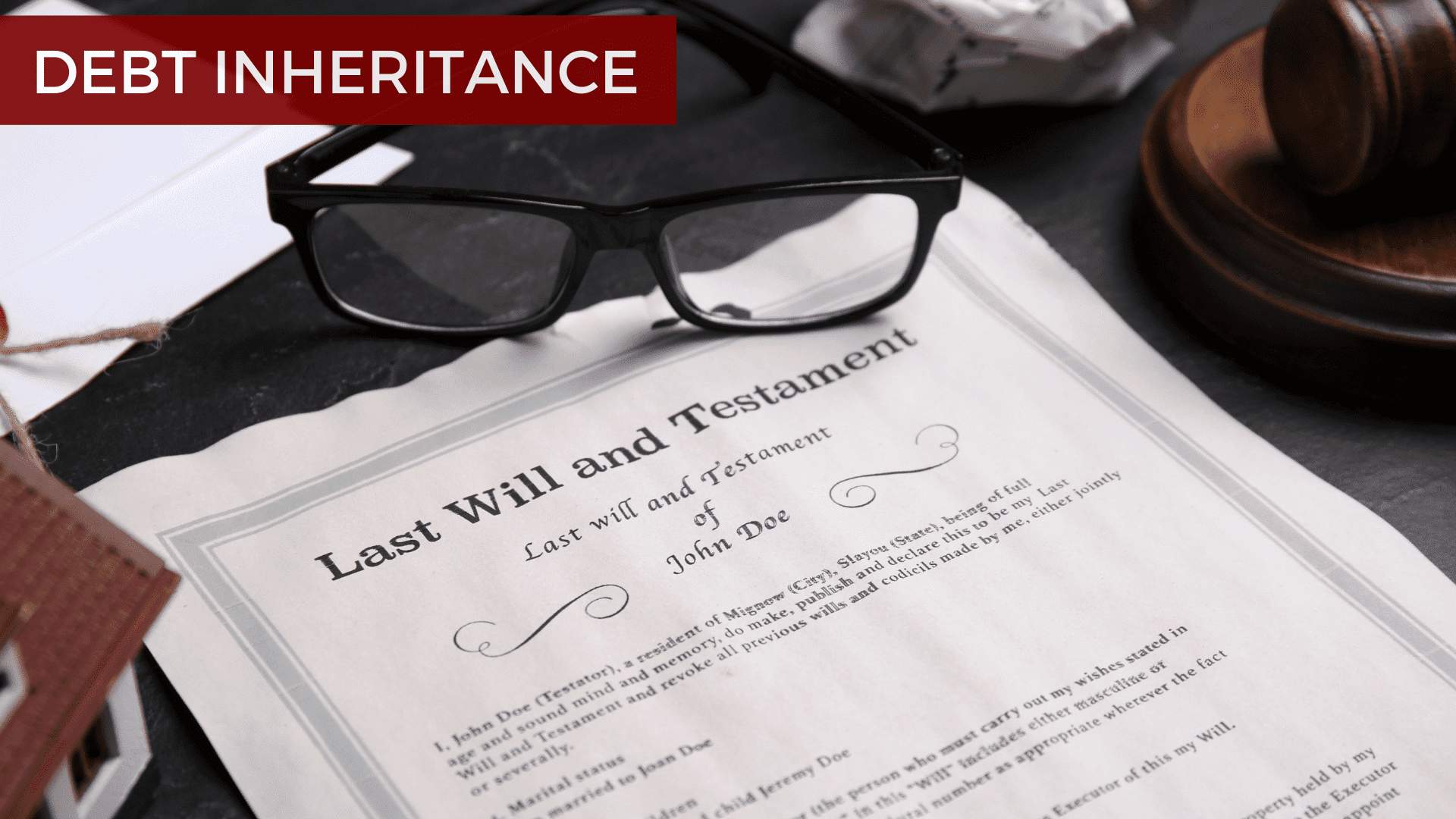Inheriting assets from a loved one can be a bittersweet experience. But what about inheriting…

The Good, the Bad and the Debt-Ugly
In a recent blog by a colleague of mine, the first thing that jumped off the page and metaphorically smacked me in the face was the phrase, ‘us good guys.’ If ever awards were being handed out for the top ten self-righteous, self-praising phrases then ‘us good guys’ would be in serious contention for an Oscar.
As is often the case with those who use these phrases, us good guys are never defined beyond the author’s rather vague opinion. The debt ugly is quite clear. They are called dragons that threaten the financial services of the land (in Ontario) with unlicensed debt settlement services.
According to the article, the nefarious ‘evil doers’ have risen from the dead to partner up with lawyers so they can circumvent a law that banished them from the land for excessive upfront fees, misleading contracts, and dubious debt negotiation practices. I’m sure those kinds of things have never happened from the legal profession all by itself – you know, without any help of the resurrected undead debt settlement service providers.
The good guys (who, one would rightly or wrongly assume, do not demand excessive upfront fees, misleading contracts and/or dubious debt negotiation practices) are further angered by how lawyers are exempt from providing debt settlement services that, presumably, only the good guys should be delivering.
So, now the good guys seem to suggest that lawyers are susceptible to unscrupulous debt settlement practices because they are not……you guessed it…….they are not properly regulated licensed credit counsellors.
Oh oh. Not so fast. An article from the Huffington Post was cited to introduce not-for-profit credit counselling agencies and mentioned that, “…debt settlement services across Canada operate in a competitive field alongside non-profit credit counselling agencies.”
I haven’t a clue what that means. It seems to suggest that not-for-profit credit counselling agencies are the only places blessed with angel-like qualities and, by omission, the licensed ‘for-profit’ agencies either don’t seem to exist or are simply not blessed. This makes me wonder who’s blessing who?”
It’s interesting to see the logic of sanctimony unfold and awkwardly conclude that, in Canada, there are blessed not-for-profit licensed credit counselling agencies and (by omission) unblessed for-profit licensed credit counselling agencies, and then there are evil dragons and lawyers.
Bankruptcy trustees received a warm kiss of approval for adhering to industry standards and “…to assure fair play and professionalism in relation to debt services…” (this declaration is made knowing full well that bankruptcy trustees are for-profit corporations and have a legal duty to act on behalf of the creditors and not a debtor in a bankruptcy proceeding.)
The article and its omissions, unsubstantiated assumptions and abstract assertions all sound a bit like a fairy tale to me. The best way to liberate fantasy fiction from non-fiction is to provide factual and statistically valid proof.
By the way, the legal profession drafts the legislation of governments and plays a fundamental role in the jurisprudence of debt and bankruptcy for both debtors and creditors. I’m sure they can identify the good, the bad and the debt-ugly (dragons) all by themselves.












